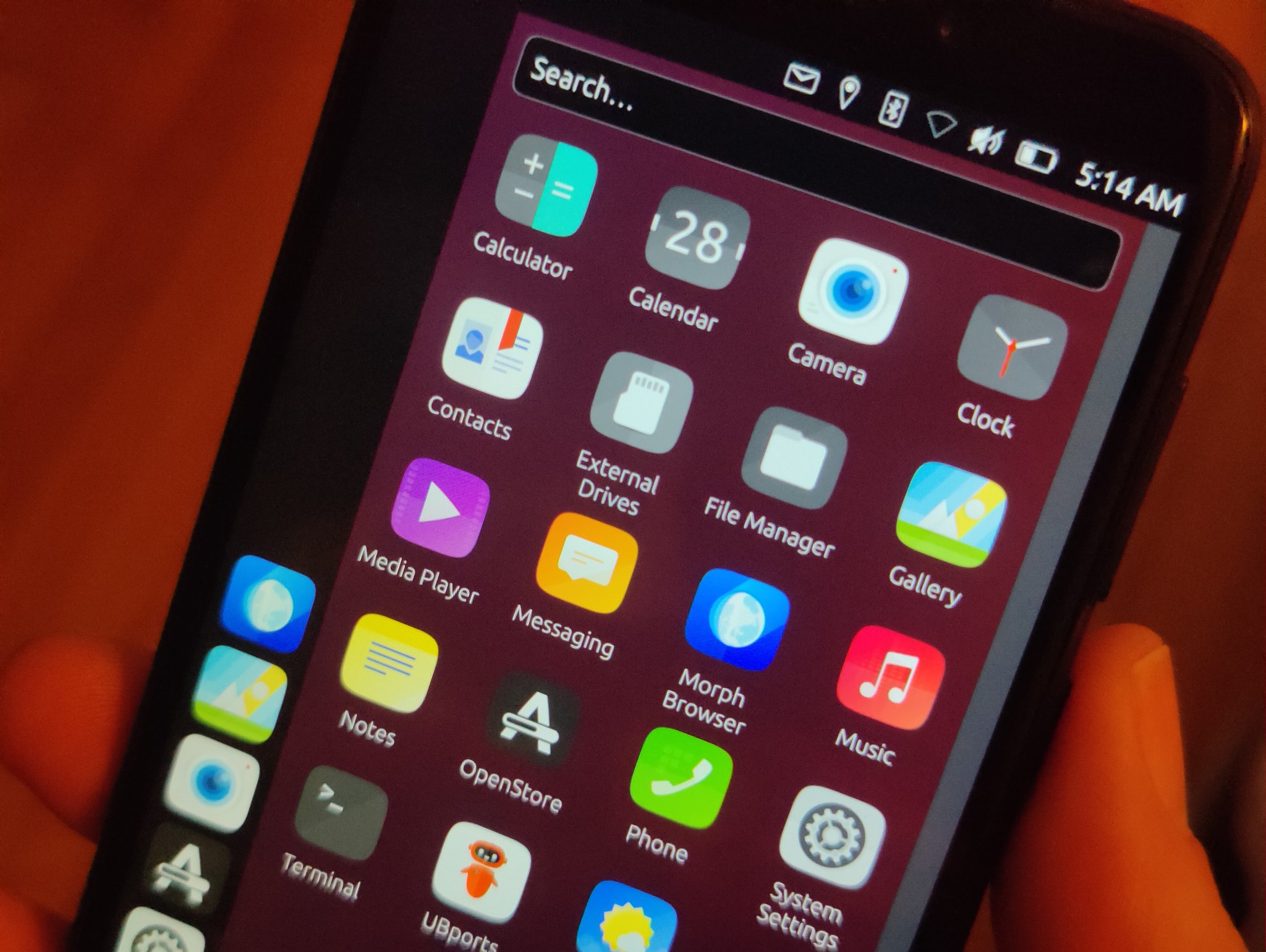Top 10 Linux Smartphone Operating Systems: Unlock the Power of Open-Source on Your Mobile Device
Smartphones have become an integral part of our lives, and while most devices come with pre-installed operating systems like Android or iOS, did you know that you can install Linux-based operating systems on your smartphone? Linux smartphone operating systems provide a range of features, customization options, and privacy enhancements that can offer a refreshing and unique mobile experience. In this blog post, we will explore ten Linux smartphone operating systems that you can install on your device, unlocking a world of open-source possibilities.
Ubuntu Touch
Ubuntu Touch, developed by Canonical, is a popular Linux-based operating system designed specifically for smartphones. It offers a clean and intuitive interface, convergence capabilities (allowing your device to function as a desktop when connected to a monitor), and access to a wide range of open-source applications. Ubuntu Touch focuses on privacy and security, making it an appealing choice for privacy-conscious users.
Sailfish OS
Sailfish OS, developed by Jolla, is another Linux-based operating system known for its gesture-based navigation and smooth user experience. It offers compatibility with Android apps, a customizable interface, and a unique multitasking approach. Sailfish OS provides a rich ecosystem for developers, allowing them to create innovative applications for the platform.
Plasma Mobile
Plasma Mobile is a free and open-source Linux smartphone operating system developed by the KDE community. It aims to provide a user-friendly interface, seamless integration with KDE applications, and a flexible and customizable experience. Plasma Mobile offers a range of features and focuses on privacy and user control.
postmarketOS
postmarketOS is a community-driven Linux distribution specifically built for smartphones. It aims to provide long-term support and stability for a wide range of devices. With postmarketOS, you can enjoy a lightweight and minimalistic interface, access to a vast package repository, and the ability to customize your device’s functionality.
Top 9 Free HTML Editors for Windows in 2023: Enhance Your Web Development Workflow
Mobian
Mobian is a Debian-based Linux distribution optimized for smartphones. It offers a familiar Debian environment with access to a vast array of open-source software. Mobian provides a mobile-friendly user interface, regular updates, and a strong focus on privacy and security.
LuneOS
LuneOS, previously known as webOS Ports, is a community-driven project that aims to revive the webOS operating system for smartphones. It offers a unique and user-friendly interface, seamless multitasking, and compatibility with webOS and Android applications. LuneOS focuses on simplicity and ease of use.
Maemo Leste
Maemo Leste is a Linux-based operating system designed for Nokia N900 and similar devices. It provides a desktop-like experience, a range of open-source applications, and a high level of customization. Maemo Leste is maintained by an active community of developers, ensuring regular updates and improvements.
PureOS
PureOS, developed by Purism, is a security-focused Linux distribution that can be installed on smartphones. It emphasizes privacy, freedom, and user control. PureOS offers a clean and intuitive interface, access to a curated list of privacy-respecting applications, and regular security updates.
Nemo Mobile
Nemo Mobile is a community-driven operating system derived from Sailfish OS. It aims to provide a lightweight and customizable mobile experience. Nemo Mobile offers compatibility with Android applications, a flexible user interface, and a range of community-developed features and enhancements.
Manjaro ARM
Manjaro ARM is a Linux distribution based on Arch Linux and designed for ARM-based devices, including smartphones. It offers a user-friendly interface, access to a vast repository of packages, and a rolling release model for frequent updates. Manjaro ARM provides a stable and customizable environment for smartphone users.
Installing a Linux smartphone operating system on your device opens up new possibilities in terms of customization, privacy, and access to open-source applications. The ten Linux smartphone operating systems discussed in this article offer a range of features and unique experiences, catering to different user preferences. Whether you are looking for a convergence-focused interface, privacy enhancements, or a lightweight and customizable environment, these Linux smartphone operating systems can transform your smartphone into a powerful open-source device. Explore these options, experiment, and discover the Linux experience on your smartphone.

